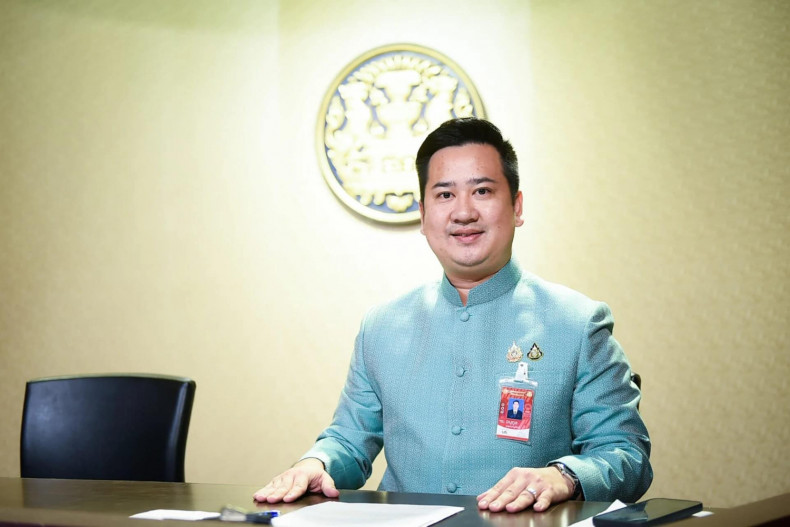New Scam Threatens Thai Families
AI Mimics Loved Ones’ Voices
The Thai government issued an urgent warning about a sophisticated scam using artificial intelligence to replicate family members’ voices, tricking victims into transferring money. Deputy spokesman Anukool Pruksanusak highlighted the growing danger of this cybercrime, which exploits trust by faking emergencies, as Thailand grapples with a surge in digital fraud schemes.
Rising Cybercrime Challenges
Technology Fuels Deception
Digital advancements have revolutionized daily life in Thailand, but they’ve also empowered criminals with advanced tactics. Alongside traditional scams like email fraud, fake sales, and romance schemes, the AI voice cloning scam marks a new frontier in cybercrime. Scammers use voice samples, often gathered from social media, to create convincing imitations, preying on emotional vulnerabilities.
How the AI Scam Operates
Fraudsters Exploit Urgency
The scam typically involves a call from a supposed relative claiming an urgent need for money, such as for medical or legal emergencies. The AI-generated voice mimics familiar speech patterns, making it hard to detect fraud. With cybercrime costing Thailand over 36 billion baht annually, as reported in 2025, this tactic adds to the financial toll on unsuspecting victims.
Government’s Anti-Scam Advice
Verify Before Transferring Funds
To combat the scam, authorities recommend verifying any urgent financial request by calling the relative using a trusted number. Be wary of unnatural speech or excessive urgency, and confirm the recipient’s account belongs to a known contact. These precautions, emphasized by Anukool, aim to protect citizens from falling victim to AI-driven deception.
Public Urged to Stay Vigilant
Report Suspicious Activity
The government advises against trusting unsolicited calls or messages, urging thorough verification before any transactions. Citizens are encouraged to report suspected scams via the Thai Police’s online portal or the 24-hour Cyber Police hotline at 1441. This proactive approach aligns with Thailand’s broader efforts to curb cybercrime, including recent raids on scam networks in Chon Buri.
Strengthening Cybersecurity Measures
Thailand’s Fight Against Fraud
The AI voice scam underscores the need for enhanced digital literacy and cybersecurity in Thailand, where 70% of the population is online. Public awareness campaigns, coupled with stricter regulations on AI misuse, are critical to countering such threats. Recent X posts highlight growing concern over voice cloning, prompting calls for tech firms to improve safeguards.
Economic and Social Impact
Protecting Trust in Technology
As Thailand aims to maintain its status as a digital hub, with 5G adoption reaching 60% in 2025, addressing AI scams is vital to preserving public trust. The government’s swift response, including warnings and reporting channels, aims to mitigate losses and protect families. By fostering vigilance, Thailand seeks to balance technological growth with security, ensuring a safer digital future.









